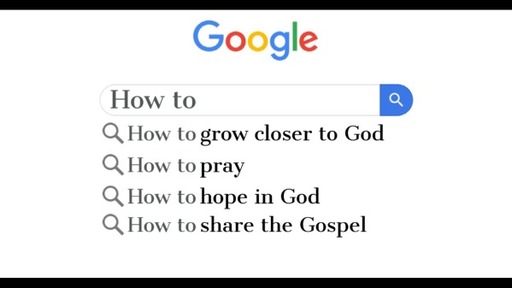How to Pray

Welcome
Prayer
Engage
The Desire to Pray
Vertical Prayer
Horizontal Prayer
Application
Inspiration
In 1972 Joan Baez was a singer and activist who was always working on a cause. During the Vietnam War she traveled to Hanoi with a peace delegation and was there during an American bombing campaign that lasted 12 days. “We spent the whole time in the basement of our hotel. I have never been so afraid in my life. I thought I was going to die. But I learned something—when the flames start coming towards you everyone starts praying, even the atheists and the agnostics, but when the flames start fading away we all go back to the structures and beliefs that we had before.”
Prayer
Baptist preacher John Bunyan said, “You can do more than pray, after you have prayed, but you cannot do more than pray until you have prayed.” Prayer should be our first resort, and our first priority. How we need to beg God for a burden to pray!
